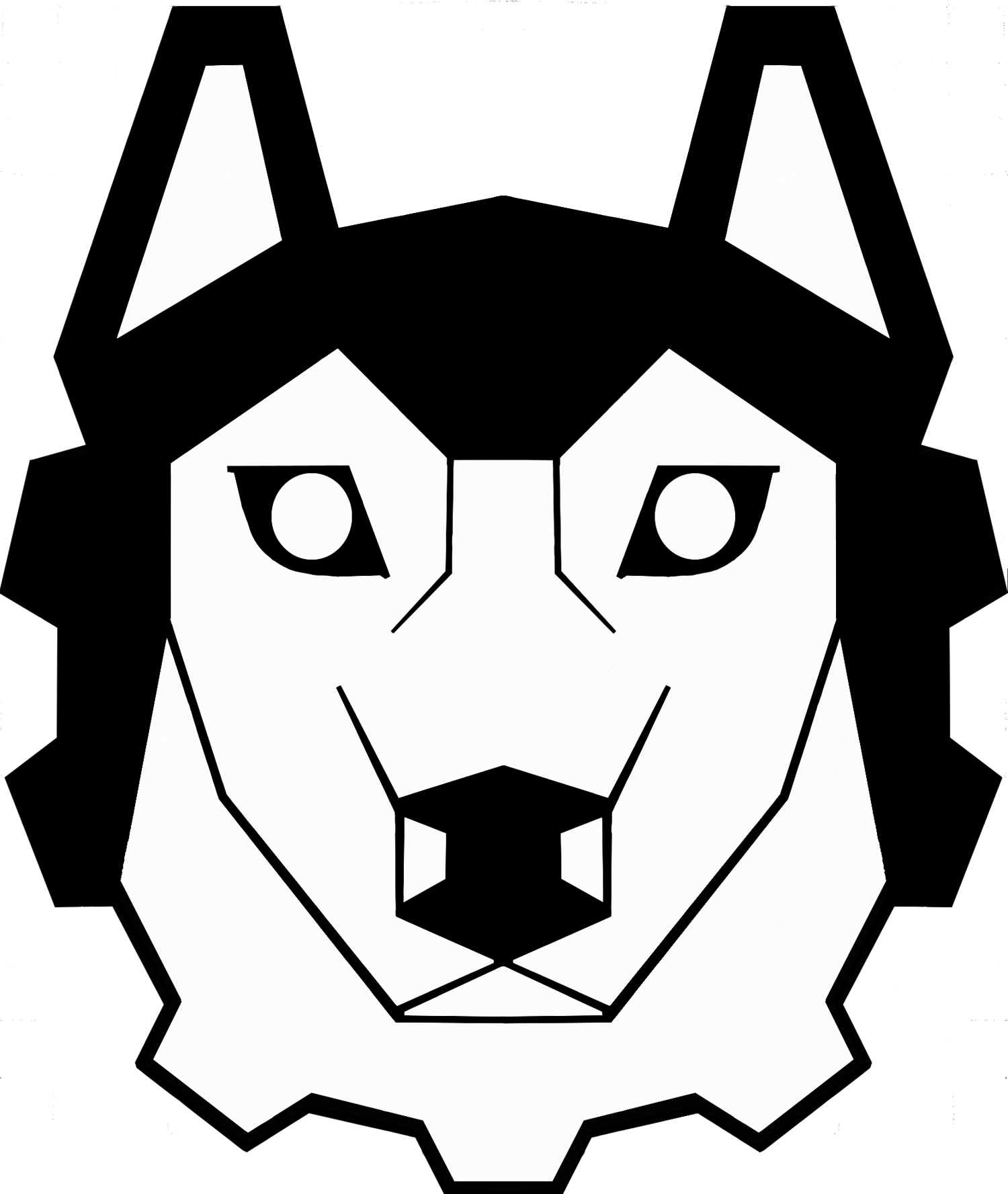Want to Join?
Husky Robotics recruits at the start of Fall and Winter. We require only a passion for robotics, a willingness to learn, and commitment to get started!
All members of Husky robotics join a subsystem (a specialized team). We run workshops and certifications to train new members in a variety of relevant skills.
More specifically, we are looking for people interested in:
Electrical & Mechanical Engineering
Software Design
Sponsorship & Fundraising
Xenobiology & Geology
Public Relations
Video Editing
Designing & Building a Mars Rover
Currently Not Taking Applications, check back later!
See below for subsystem descriptions
Workshop Topics:
Computer Aided Drafting (CAD), Material Selection, Part Selection, Mechanical Design (Statics & Dynamics), Tolerances
Microcontroller programming, Scripting Languages, GUI design, Debugging Practices, Wireless Communications
Basic Circuitry, Circuit Design, Soldering, Circuit Board Design, Motor Controller Design
Machine Shop Certification (Shop Safety, CNC Mill, Lathe, Bandsaw, Drill Press, Welding)
Science: Astrogeology, Astrobiology, Physics, Chemical Analysis, Sensor Selection & Calibration, Archive Research
Subsystem Descriptions:
Arm
Time Commitment: 8-10 hours/week
The Arm subsystem is responsible for the design and construction of the chassis-mounted rover arm module. The arm must be capable of lifting up to 5 kg and should be dexterous enough to pick up tools, perform actions on a control panel, and type on a keyboard. Members of this subsystem learn to design with CAD programs, use the machine shop to manufacture parts, and perform maintenance. The Arm subsystem works closely with the Software subsystem to develop inverse kinematic control algorithms for ergonomic control of the arm and claw, as well as with the Electronics subsystem to ensure clear paths for wires and sufficient connection durability.
Business
Time Commitment: 2-3 hours/week
The Business team ensures the continuity of Husky Robotics. In charge of raising funds and managing the budget, business team members need to understand the needs of each subsystem and work with the leads to get all necessary parts ordered and delivered in a timely manner. The business team members also present Husky Robotics to the UW and external organizations, corporations, and media outlets, creating content to promote the team, seek sponsorships and outreach opportunities, and try to assist team members in finding internships. Business team members are encouraged to join other subsystems.
Mobility
Time Commitment: 8-12 hours/week
The Mobility subsystem creates a vehicle capable of traveling over the rough terrain of the Martian (Utah) surface while providing stable mounting points for the arm and instrumentation station. This team works extensively with Computer-Aided Design (CAD) software to create a digital rendering of the rover during the fall quarter, selecting parts and consulting with the other subsystems to have the design ready to build in winter. During the winter quarter, the Mobility subsystem members primarily work to manufacture the base of the rover. The Spring quarter is devoted to mechanical fine-tuning, the creation of spare parts, and maintenance practice for the competition.
Electronics
Time Commitment: 8-12+ hours/week
Electronics members will assume the role of either hardware engineer or firmware developer. Our hardware engineers will simulate circuits, design, and produce printed circuit boards. Firmware engineers will write embedded C code to run these boards. We have boards for power distribution, controlling motors, and reading sensor input. All boards communicate with a central Linux board. One firmware and one hardware engineer will be paired up and together have sole responsibility for bringing up their board.
Manufacturing
Time Commitment: 10-12 hours/week
Once the rover is designed and passes internal reviews, the Manufacturing team forms out of members from the primary subsystems to produce the rover components. Husky Robotics members are certified for the Mechanical Engineering machine shop and meet regularly to ensure timely production of the chassis, arm, and science station.
Software
Time Commitment: 6-12 hours/week
The Software subsystem creates the brains of the rover, allowing it to be operated when it is out of sight of the driver. The Software subsystem works with drive algorithms, inverse kinematics, artificial intelligence, and interfacing with different controllers to make sure the rover operates quickly and intuitively for the driver. The subsystem also creates the user interface used to drive the rover including camera feeds, on-screen controls for precision-based operations such as working with the science system, and map-based coordinate plotting.
Instrumentation
Time Commitment: 8-12 hours/week
The Instrumentation subsystem is responsible for designing and building the Instrumentation Station, a module for the rover that collects and analyzes soil samples as part of the instrumentation task. The instrumentation station is required to provide information about soil temperature and water content, and the team also chooses other relevant sensors, such as UV exposure and onboard microscope help during site selection and the presentation. The team also chooses and develops a set of off-rover tests such as X-ray spectroscopy, free amine Ninhydrin tests, and pH. The Instrumentation subsystem needs members capable of CAD modeling, part manufacturing, extensive electronic and software design, and doing background research in astrogeology and astrobiology. It's a great subsystem to join to get a bit of experience in every field of robotics.
DRONE
Time Commitment: tbd
The Drone subsystem is brand new and in planning and recruiting stages. Contact tfutag@uw.edu if you are interested






